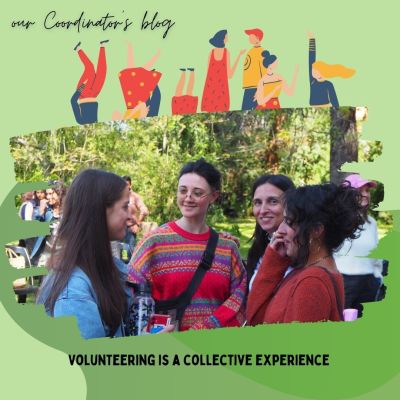Founded by a group of locals, the independent sala de auxilio is located in the outskirts of Buenos Aires, only 40 minutes away from the city center. Its institution arose from the necessity, in the indigent neighborhood, of quick and efficient health care. The impossibility to undertake private health care, the unaffordable prices, and the extenuating times of Argentine public health were taken over by the independent organization. During the last economical crisis, the health center made it through thanks to the locals’ dedication and commitment. Today, the sala de auxilio offers small fees, devolving 70% to the doctor in charge and 30% to staff and maintenance. It provides its patients with a wide range of specialized medical services, spreading from pediatrics, to gynecology, dentistry, orthopedics, kinesiology, orthopedics, cardiology, clinical medicine, psychiatry and psychology. The center aims at improving professionally, possibly acquiring surgery and research facilities.
Like in a cooperative, the hierarchy within the members of staff, doctors, nurses and volunteers, is far from being rigid. The vibe of the center is welcoming and friendly, the Peruvian nurse, Ayde cooks lunch for everyone, and the doctor complains when she doesn’t cook and buys pizza instead. Rosario and Tina, two young psychologists, speak about the service provided as a very convenient option for the locals. Ayde confesses that she enjoys working with volunteers, getting to know their languages and cultures, and points out how they all contribute to the warm environment of the center.
One of the sources of the sustainability of the sala de auxilio is constituted by the work of Voluntario Global. The Voluntario Global team in fact helps, by means of its international channels, to furnish the center with qualified volunteers. Among these Arthur, 22, from Belgium, is a young medicine student that has chosen to embark on this project. Having departed over his summer break, Arthur left willing to gain professional work experience and improve his Spanish. Moreover, he states how this format of medical experience allowed him to be of help for a community, to undergo cultural confrontations and, doubtlessly, to travel.
His merging in the job, he explains, has been smooth and gradual. He started by simply listening and following the doctor, and has been progressively given responsibilities, never without the guide of a professional. By the end of the placement, he was proficient with the instruments provided in the center, such as X rays, electrocardiograms, and ultrasounds. His tasks also entailed cleaning and draining wounds, make and remove sutures, removing casts and bandages, apply injections, make suitable auscultations and physical exams.
The center offers the opportunity of trying several different medical fields, which is a great opportunity for a non-specialized student to try himself in different tasks and grasp his own areas of interest. Furthermore, Arthur mentioned how the placement has been very motivational towards the prosecution of his university career, which is completely detached from the professional practice.
Arthur tells of the center as a place where you are very much helped and welcomed. He explains how his colleagues with an elementary Spanish are also helped and never fail to communicate. He jokes with the members of staff, drinks mate in the kitchen in his breaks, and is by now fluent in Spanish. He tells about the relationship with his patients, who are curious to know about his nationality, his origin, and always want to chat.
The focus on the medical formation and interchange is successfully met by the project, as the volunteer acknowledges. The message Arthur left to future volunteers is to leave with an open mind, ready to embrace what they are offered to learn. As a matter of fact, the encounter with community members, the establishment of professional relationships and human boundaries contribute to shape an experience which is comprehensively professional, cultural, and personal.




